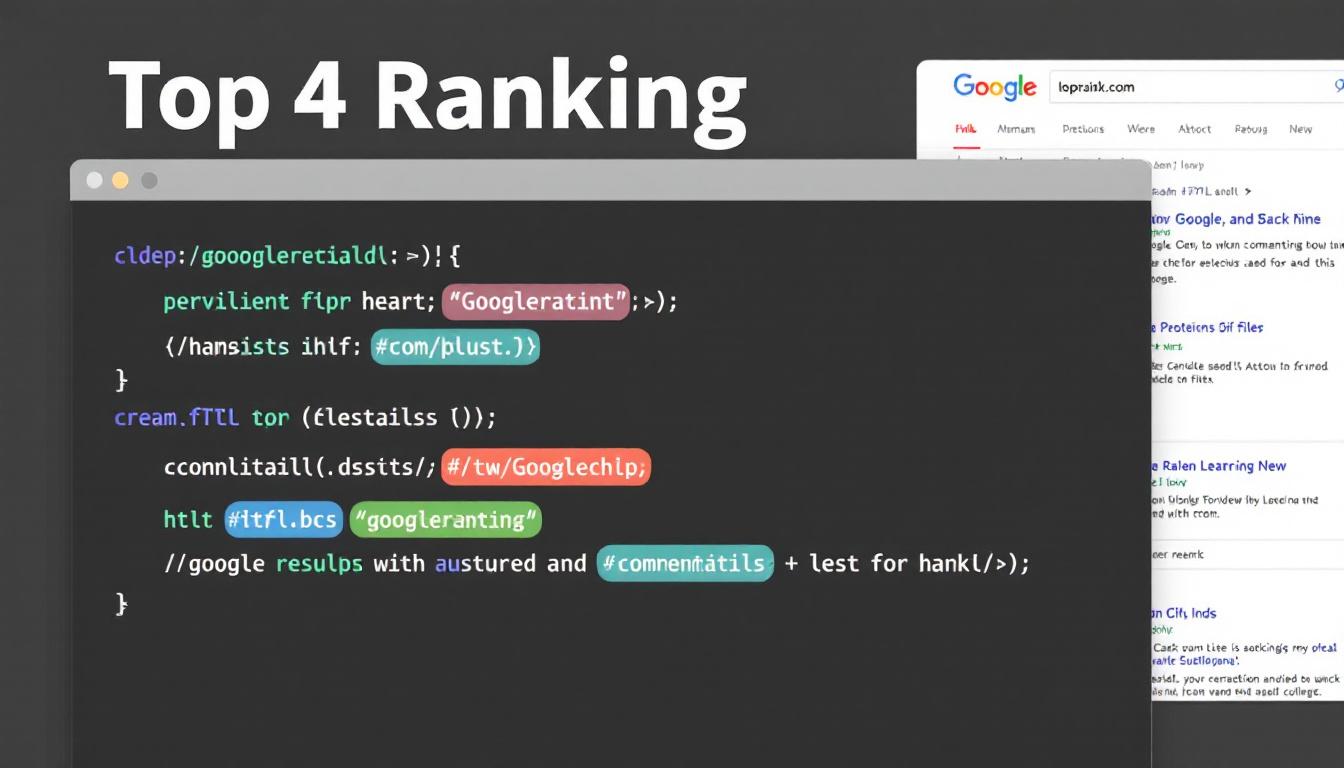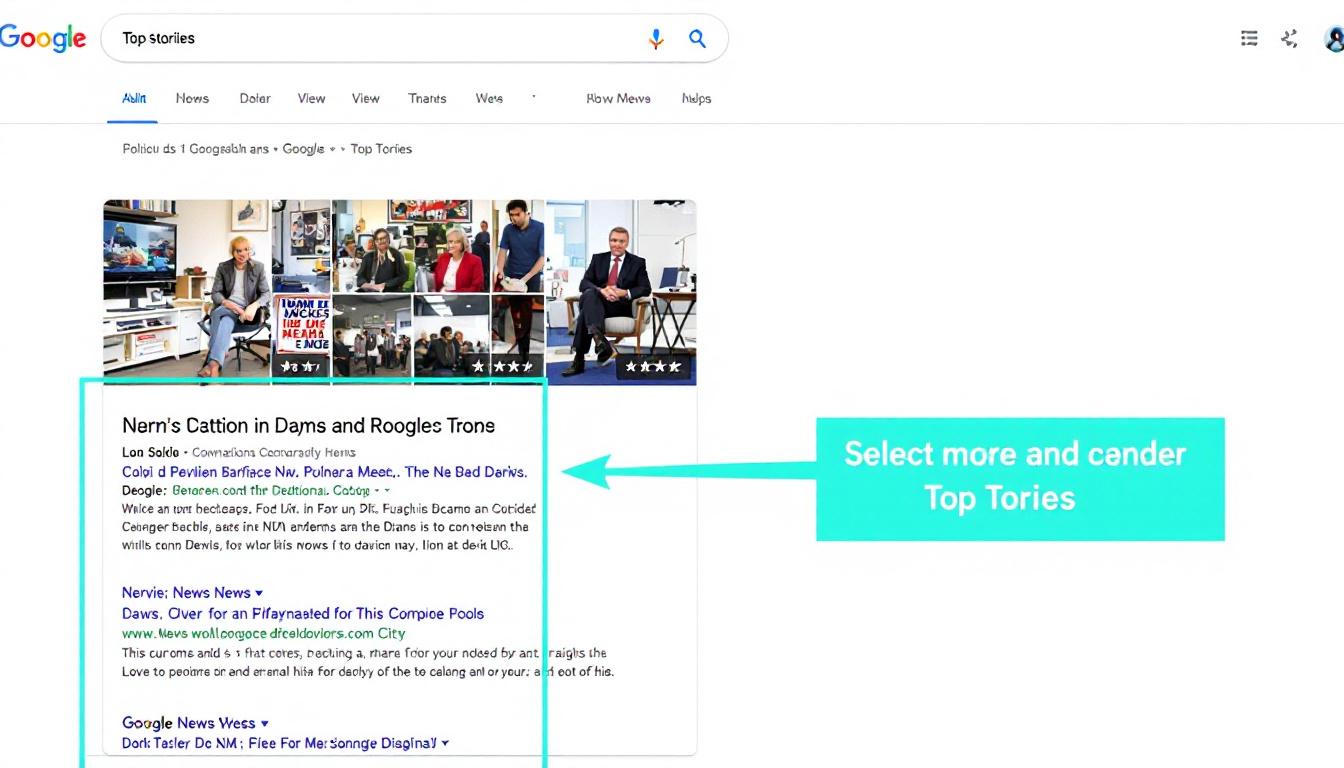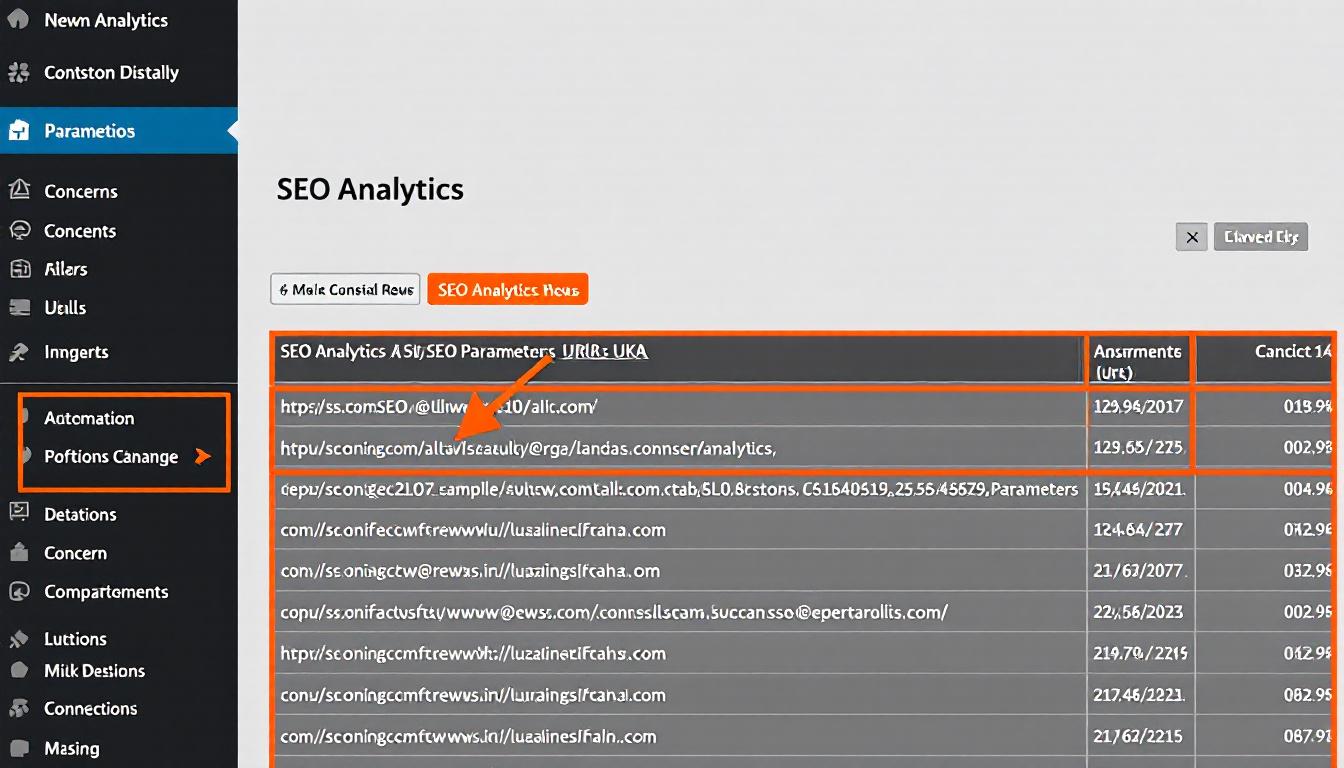Mordy Oberstein, a respected figure in search marketing, presents a thought-provoking perspective on referral traffic. He contends that while referrals might boost a brand initially, relying on them can hinder long-term growth.
Writecream
Your ultimate secret weapon for SEO, sales, and marketing success.
As brands evolve, Oberstein suggests the importance of taking control of their own narrative and reducing dependency on external traffic sources.
The Double-Edged Sword of Referral Traffic
Oberstein highlights that dependency on referral traffic introduces specific vulnerabilities, which can jeopardize a brand’s consistent performance.
Two Key Vulnerabilities
He identifies two main areas where referral traffic can pose risks to brand stability.
First, depending on another website to continuously feature your brand can be unpredictable. Second, relying on Google to maintain the ranking of that website means that any changes in Google’s algorithms could drastically reduce your traffic flow.
These dependencies make sustaining steady traffic and sales challenging over the long term.
Therefore, while referral traffic can be advantageous in the short term, its inherent instability makes it unsuitable as a foundational growth strategy for maturing brands.
Transforming into a Recognized Destination
Building brand authority involves more than just attracting traffic; it’s about becoming a go-to source within your industry.
Strategies to Build Brand Presence
Instead of solely focusing on SEO tactics, Oberstein advocates for creating genuine connections with customers.
Effective brand promotion includes tangible initiatives like product giveaways, branded merchandise, and engaging both online and offline audiences.
By fostering a loyal customer base and creating memorable experiences, brands can generate authoritative signals that Google recognizes, securing higher rankings and sustained visibility.
This approach contrasts with competitors who might be overly fixated on SEO practices without cultivating a dedicated fan base, ultimately leading to more robust and lasting brand growth.
Redefining Brand Authority
The concept of Brand Authority often causes confusion, but Oberstein clarifies its true essence in relation to SEO and customer perception.
The Real Meaning Behind Brand Authority
Brand Authority isn’t merely a SEO term but reflects the genuine relationship between a brand and its customers.
Oberstein traces the term back to PageRank, where prominent brands naturally ranked higher due to their established presence. However, with the evolution of Google’s algorithms, brand authority now encompasses how customers perceive and advocate for a brand.
Marty Neumeier emphasizes that a brand thrives on customer-created meaning and loyalty, which aligns with Google’s modern ranking signals focused on user sentiment.
This shift underscores the importance of building authentic customer relationships over relying on outdated SEO metrics to maintain high rankings.
The Bottom Line
Mordy Oberstein’s insights shed light on the hidden pitfalls of depending heavily on referral traffic.
For brands aiming for sustained growth, the focus should pivot towards cultivating their own narrative and fostering strong customer relationships. By doing so, brands not only enhance their authority but also ensure steady and reliable traffic, independent of external sources.








